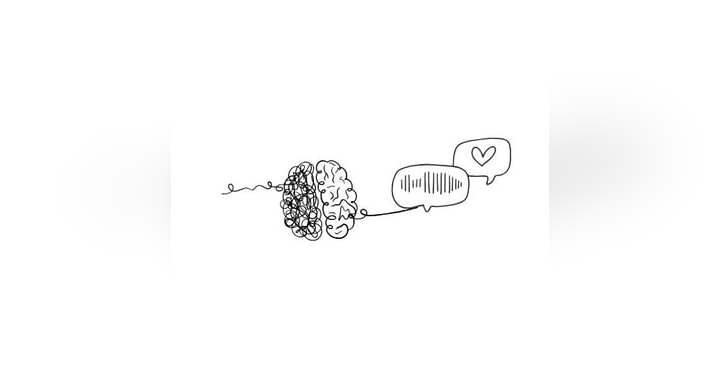Understanding Grief: A Compassionate Guide for Women
Navigating Grief: A Compassionate Guide to Finding Your Way Through Loss
Written by Randi Owsley, LMSW, a licensed psychotherapist
Today's topic is one that touches every heart in its own unique way—grief. It's that roller coaster of love and loss, an emotional journey that can sometimes feel like wandering through a fog. Grief is a shared human experience, yet it often carries a hush around it. Let’s gently unwrap this, understand its depths, and hold each other’s hands through it.
What exactly is grief?
Grief is our heart's response to loss. It's a complex mix of emotions we feel when we lose someone or something dearly significant to us. Think of it not just as sadness but as a whole spectrum of feelings, from disbelief and anger to longing and, eventually, finding peace. It's not orderly or predictable, but a deeply personal path that we navigate in our own time and manner.
Recall the five stages of grief that Elisabeth Kübler-Ross identified—denial, anger, bargaining, depression, and acceptance? While they offer a framework, not everyone will experience all these stages in any specific order. Your love, your relationship, and your healing process all play a part in creating your grief, which is as unique as your fingerprint.
Why Grieving Matters To Our Mental Health
Embracing our grief is vital for our mental and emotional wellbeing. It allows us to process our feelings, begin to heal, and eventually find a way to live with our loss. Ignoring or suppressing our grief can lead to more profound issues, such as anxiety, depression, or even PTSD.
The beauty of working through our grief is that it not only helps us heal but also fosters resilience, increases our capacity for empathy, and strengthens our ability to navigate life's ups and downs.
A Tapestry of Grief: Different Perspectives
Grief knows no boundaries, but cultural, societal, and personal beliefs can shape how we experience and express it. Due to societal norms or individual expectations, particularly those relating to performing certain roles or displaying strength, some cultures allow for shared mourning and rituals, while others may suffer in silence.
As women, we often find ourselves in the role of caretakers in times of loss, supporting everyone else’s grief before acknowledging our own. Remember, nurturing your own heart through its grief journey is not only brave but also necessary. It's okay to lean on others, and more importantly, to lean into your own healing process.
Gentle Steps on the Path Through Grief
Reach Out
Grief can feel isolating, but you’re not alone. Sharing your story with friends, joining a support group, or seeking therapy can lighten your burden. Connection can be healing.
Memorialize
Find a special way to honor the memory of your loved one or what you’ve lost. It could be a ritual, a memory box, or simply talking about them. Keep their essence alive in a manner that resonates with you.
Feel All The Feels
It’s okay to feel the full gamut of emotions that come with grief. Tears are a natural, healing response. You’re not weak; you’re human.
Self-Care is Key
Remember to take care of yourself. Nourishing your body, mind, and soul isn’t selfish—it’s essential for healing.
Patience is a Virtue
There’s no timetable for grief. Allow yourself the grace to heal at your own pace, without pressure or judgment.
As we gently wrap up our time together today, let’s remind each other that grief, with all its pain and complexity, is a testament to our capacity for love. It’s a journey; we don’t walk alone. In the fabric of shared experiences and open hearts, we find strength, understanding, and hope.
Remember, dear ones, that even in your darkest moments of loss, there is love all around you. Let’s continue to listen, share, and lift each other higher.
With all my heart,
Randi












